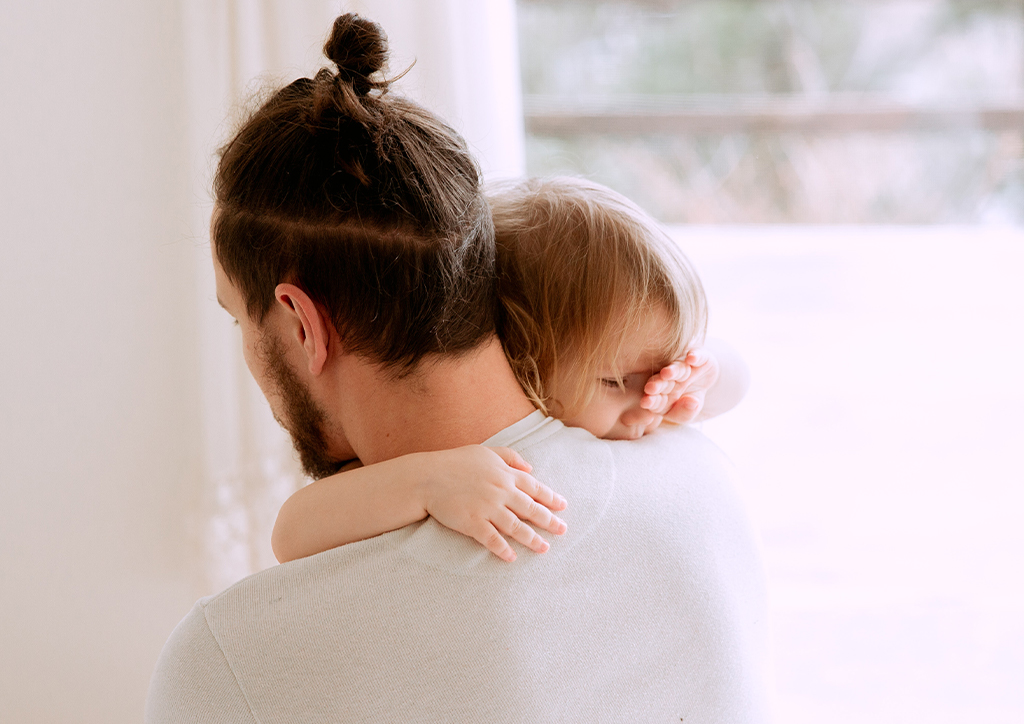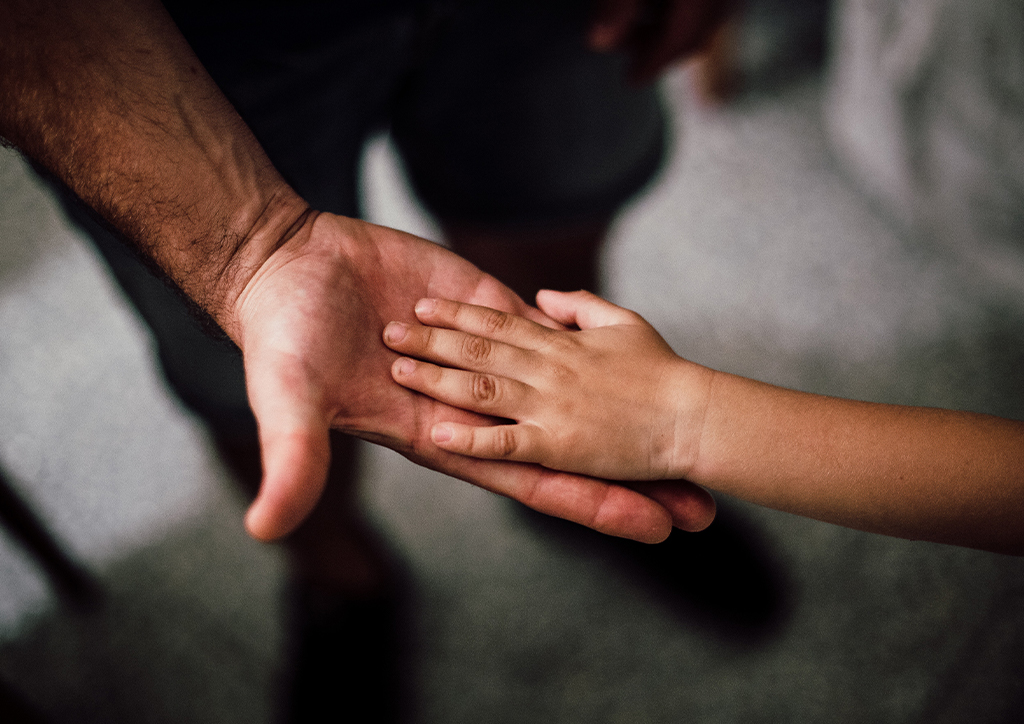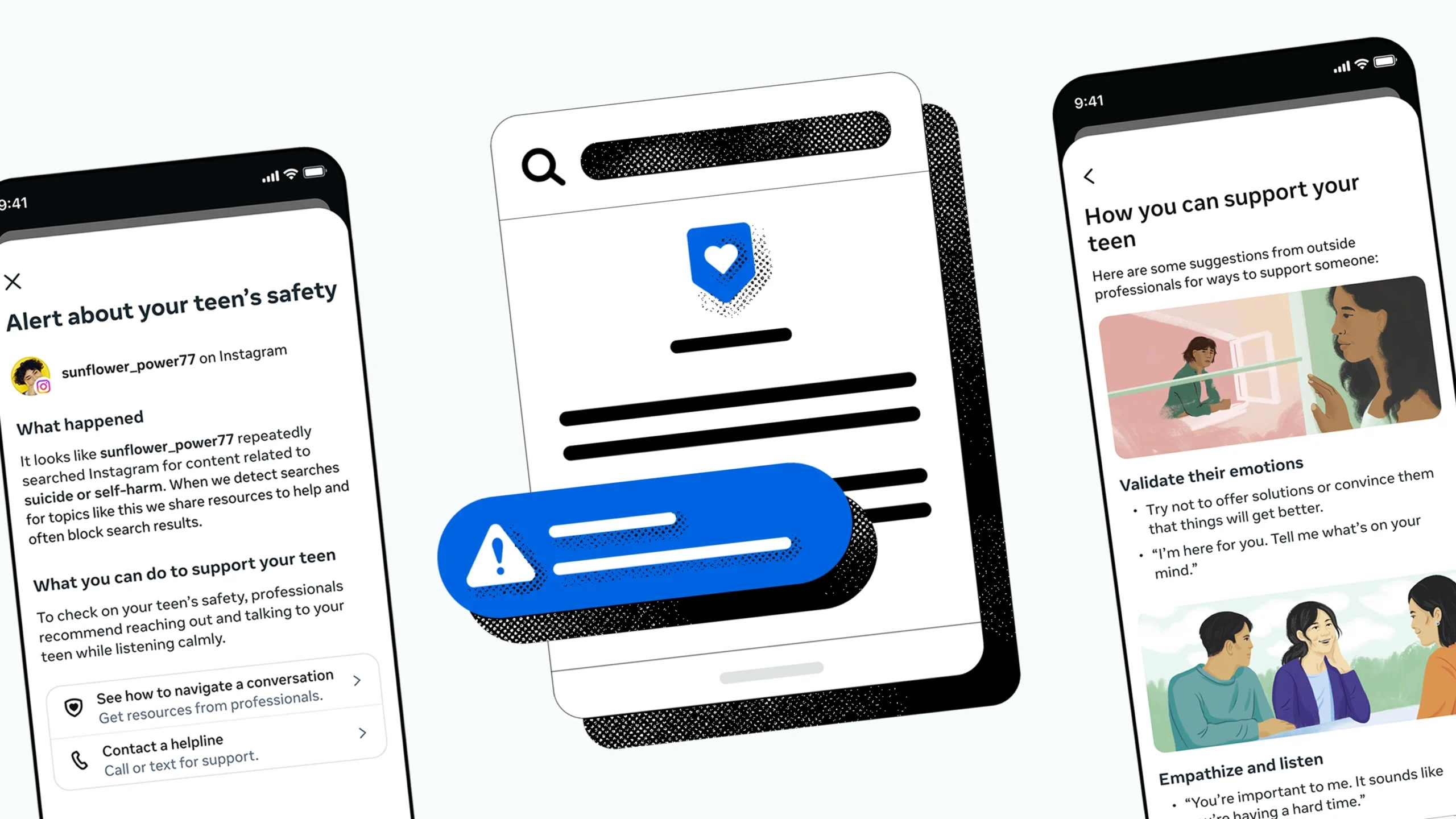How Dads Can Help Their Sons Be More Open About Emotions
Sons learn how to manage their emotions more from their fathers and this is how dads can help them feel safe in expressing them.
Toxic masculinity is one of the leading causes why men feel unsafe in expressing emotions. We can see it in the adage, “Men don’t cry,” or when the son cries, it’s immediately shut down with, “Stop crying like a girl!” Unfortunately, these kinds of responses create the emotional constipation we see today in our marriages and relationships which appear in the form of cold wars or conflicts. And as women, we have the power to make the first step in unsubscribing to toxic masculinity and helping our kids’ dads be more open with their emotions so that our sons can model after them.

1. Hug them more often.
While dads are more open to hugging their daughters, there’s no shame in being that open with their sons either! Although many dads want their sons to be tough as nails, there is also strength and confidence found in expressing one’s emotions. It allows them to be more open with showing affection, which is something most men wish to ask for but find difficulty doing so. As my husband once said, “Men are like big teddy bears. We crave hugs. It does so much for us knowing that we’re being squished like a teddy bear.”
2. Approach their crying state with whispers, not yelling.
It’s easier for some to yell over the bawling and screaming but, that further escalates the situation. Developmental psychologists Carolyn Zahn-Waxler, Barbara Hollenbeck, and Marian Radke-Yarrow (1984) proved in their study that children tend to “embellish” their parents’ reactions when their peers cry—resulting in yelling and hitting. Having dad reduce his voice to a whisper also sets the tone and, emotion, helping their kids — both sons and daughters — to calm down because now, they have something to model and match.
3. Avoid attributing gender to emotional responses.
All humans have emotional responses and gender does not limit which ones are acceptable. Crying is a reaction all humans have because it’s the brain’s way of saying, “You’re injured/in pain/hurt!” It will take some time to unlearn this kind of thinking but dads can start by reminding themselves that both men and women alike go through hard times and crying is a natural, biological response.
4. When approaching big feelings: validate and appreciate
Dads often hide their feelings because they see how moms are often put on the pedestal for being able to carry the universe and not bat an eyelash, making them minimize their own feelings because of the illogical comparison. But if dads are trying to raise courageous sons, it’s important to validate and appreciate the act of them being open enough. Besides, sometimes, it’s better to state the problem than let it suddenly blow up.
5. Assurance plays a big role in dealing with their anxiety.
Men are just as prone as women to getting anxiety. When parenting sons, dads already have a bit of an idea of what kind of man they want their sons to be. But there are times that it doesn’t manifest the same way. Sometimes, their sons may prefer something a little less aggressive for a hobby and assuring them that it doesn’t make them any less of a man boosts their self-confidence and makes them less prone to anxiety.
Besides, music is a less aggressive hobby and studies proved that it does enhance math skills. Dancing makes them more flexible and improves their overall motor skills.

How can we help as moms: “Act, not react.”
While we can’t read our partners’ minds, we can set up the stage. It’s easy to react with defensive confusion when dads open up about their emotions but, it’s more active to ask them about it. It may feel strange and exhausting at first. But this is the result of centuries-old conditioning. It may try our patience but it lessens the fights and conflict once dads feel safe to express their emotions and in turn, let that trickle down to their kids.
References
Beutel, M. E., Glaesmer, H., Wiltink, J., Marian, H., & Brähler, E. (2010). Life satisfaction, anxiety, depression and resilience across the life span of men. The Aging Male, 13(1), 32-39.
Green, J. A., Whitney, P. G., & Potegal, M. (2011). Screaming, yelling, whining, and crying: categorical and intensity differences in vocal expressions of anger and sadness in children’s tantrums. Emotion, 11(5), 1124.
Shen, B. J., Avivi, Y. E., Todaro, J. F., Spiro, A., Laurenceau, J. P., Ward, K. D., & Niaura, R. (2008). Anxiety characteristics independently and prospectively predict myocardial infarction in men: the unique contribution of anxiety among psychologic factors. Journal of the American College of Cardiology, 51(2), 113-119.
Zahn-Waxler, C., Hollenbeck, B., & Radke-Yarrow, M. (1985). The origins of empathy and altruism. In Advances in animal welfare science 1984 (pp. 21-41). Springer, Dordrecht.
More stories for dads:
Joaquin Domagoso Gives Insights on Life as a Dad
5 Insights We Picked Up from Luis Manzano as A Soon-To-Be Dad
5 Ways Fathers Can Be Nurturers and Break Toxic Masculinity









